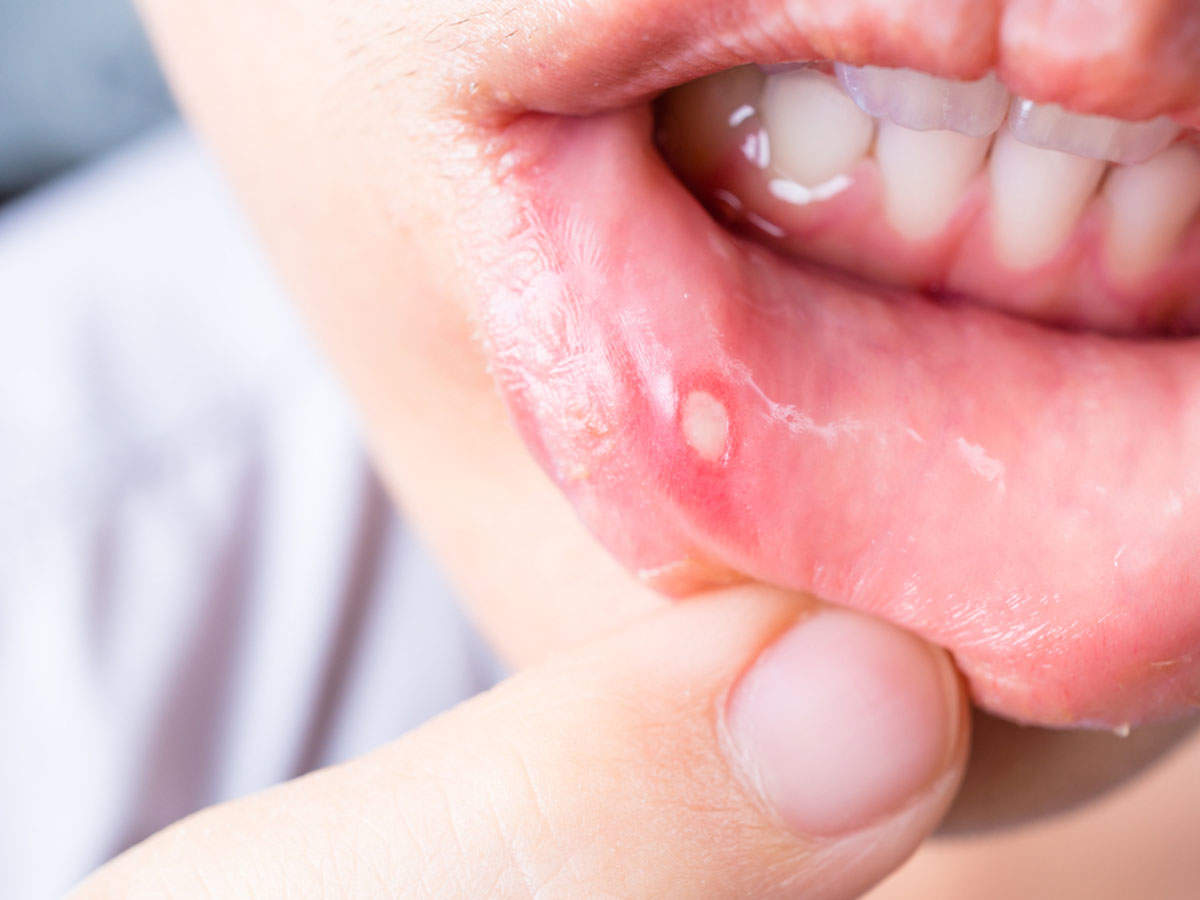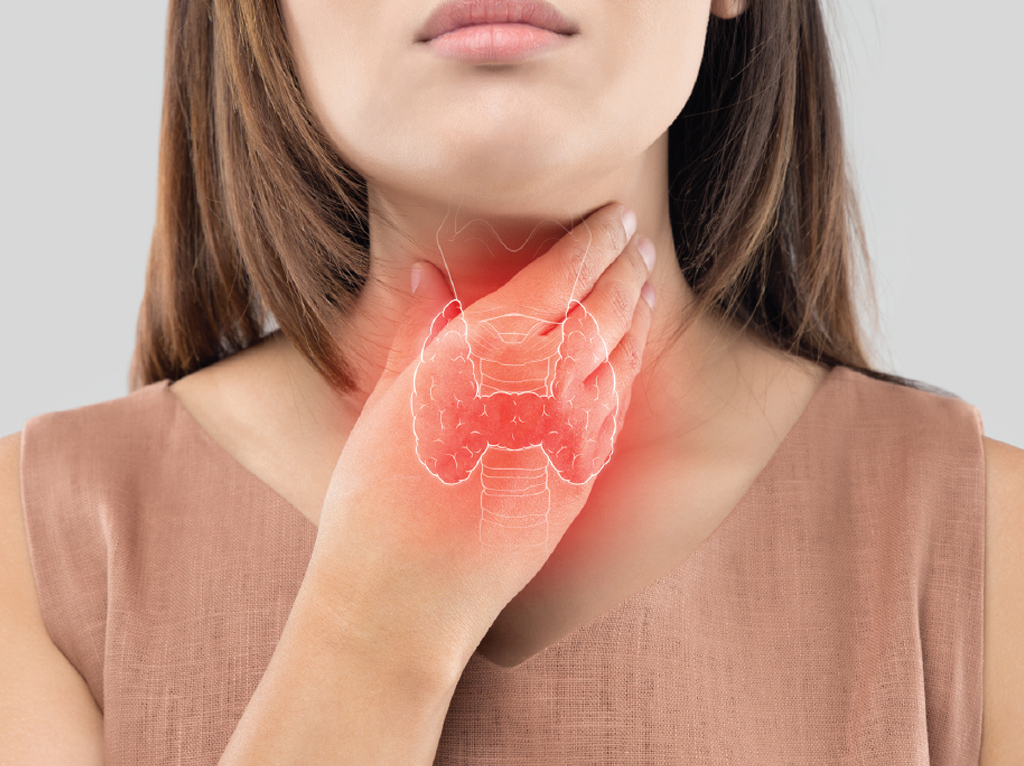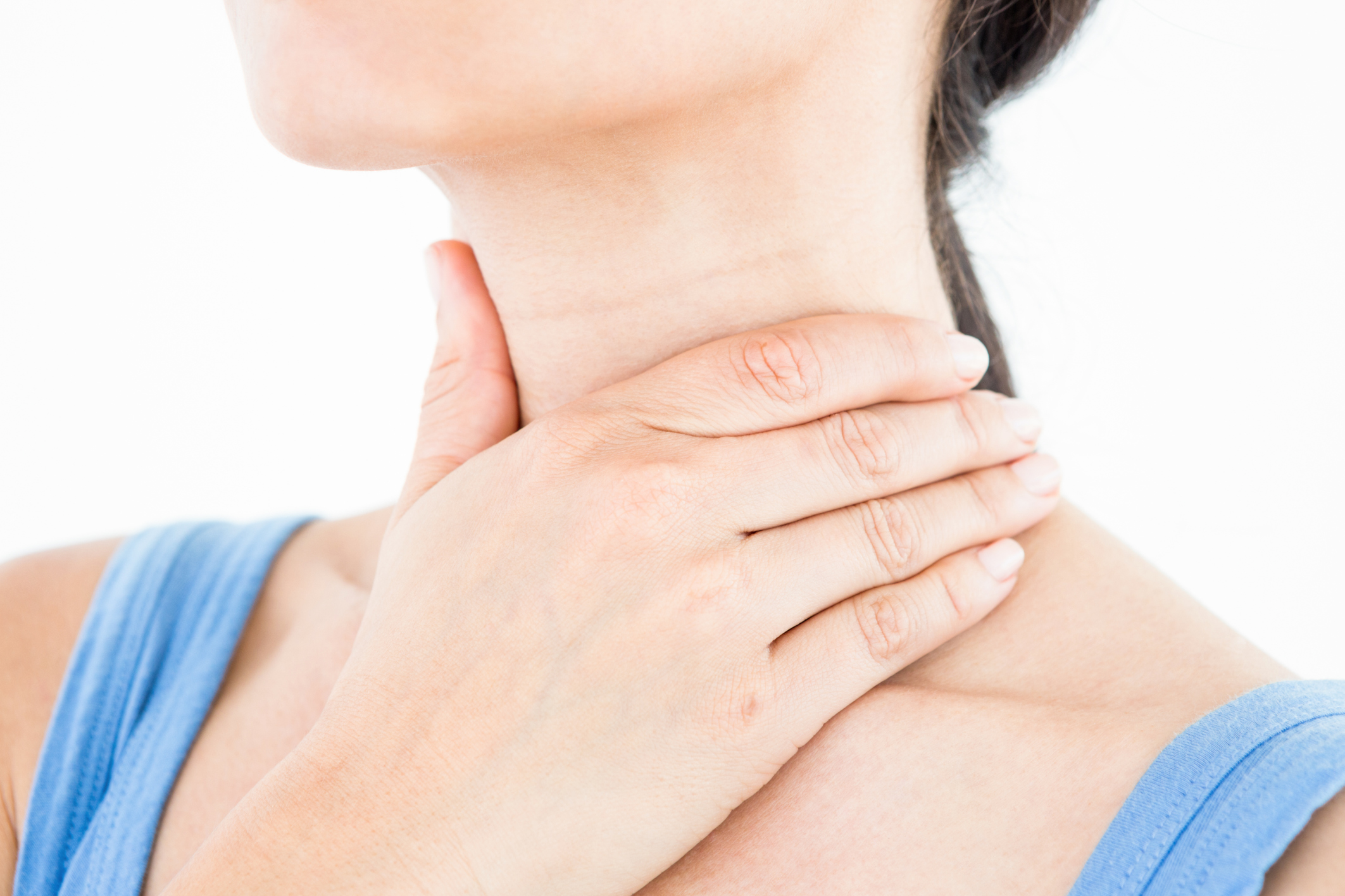Vyas Yashtimadhu Churna - Mulethi (100g)

Description
IndicationMouth sores, Hoarseness of Voice, Dry Cough, Indigestion and Gastritis



7 (cm) x 7 (cm) x 7.5 (cm)
About Yastimadhu Churna
Yastimadhu(also spelled as Licorice, botanically Glycyrrhiza Glabra, also known as Mulethi in Hindi and Liquorice) is an important herb used in ayurveda, Indian medicines, home remedies and folk medicines. The health benefits of Liquorice include its use in hyperacidity, ulcer, general debility, joint pains and some other diseases. It is beneficial in these diseases due to its medicinal properties. It is a good anti-inflammatory and analgesic agent. It also acts as antacid and aphrodisiac.
Medicinal PropertiesYastimadhu(Mulethi) has following healing properties.
- Antacid
- Anti-ulcerogenic
- Anti-inflammatory
- Anti-oxidant
- Anti-Alzheimer’s
- Anti-obesogenic
- Anti-adipogenic
- Anti-atherogenic
- Anticancer
- Anti-angiogenic (in cancer or Tumors)
- Anti-proliferative (in cancer or Tumors)
- Anti-asthmatic
- Antibacterial
- Adaptogenic
- Analgesic
- Anti-arthritic
- Antidepressant
- Antioxidant
- Anti-stress
- Antitussive
- Aphrodisiac
- Demulcent
- Expectorant
- Immuno-modulator
- Mild estrogenic – It might influence estrogen level in women.
The main beneficial effects of Yastimadhu (Mulethi) are on digestive system and respiratory system. It helps in relieving gastric symptoms such as heartburn, burning sensation in the abdomen, peptic and duodenal ulcer, abdominal colic, GERD and chronic gastritis.Yastimadhu (Mulethi) contains Glycyrrhizin, which is sweet in taste and reduces inflammation of gastrointestinal tract. It benefits in following diseases related to digestive system.
Hyperacidity and GastritisYastimadhu(Mulethi) acts as antacid and reduce free and total HCL levels in the stomach. It decreases acidic irritation to peptic mucosa. It is effective in acute as well as chronic gastritis.In Indian Medicine, Yastimadhu (mulethi) is used with amla powder, coriander seed powder, giloy and nut grass powder for relieving gastritis and hyperacidity.
Stomach ulcersYastimadhu has anti-inflammatory effects and anti-ulcer properties. Mulethi decreases the inflammation of stomach linings. Various studies have shown its significant anti-ulcer and anti-inflammatory diseases.Liquorice has protective effects against stomach ulcer. It reduces the chances of gastric ulceration induced by aspirin and other NSAIDs.In duodenal ulcer, deglycyrrhizinized Yastimadhu has ulcer healing properties. It corrects the gastric mucosa and reduces ulcerations.
Helicobacter pylori infection induced peptic ulcerYastimadhu extract has some flavonoids, which act as Anti-Helicobacter pylori. The flavonoids such as glabridin and glabrene found in Yastimadhu have inhibitory effects against H. pylori. Therefore, Yastimadhu can be used against H. pylori infection and peptic ulcer caused due to H. pylori.
Aphthous ulcers or Mouth ulcers or Canker soresYastimadhu can provide 50 to 75% relief from Aphthous ulcers within in one day and complete remission of ulcers within three days.Canker sores are a common type of mouth ulcer characterized by pain and tenderness. These are white or yellow in appearance surrounded by red area.Yastimadhu water or tea reduces the pain and tenderness. Its gargle is also effective in reducing the size of canker sores.
Ulcerative colitisYastimadhu contains a Glabridin compound, which reduces colonic inflammation. Yastimadhu can speed up healing process in inflamed mucosa and prevent ulceration of mucosa of the intestines.In ayurveda, Yastimadhu is used with Indian gooseberry, Bamboo Manna (vanshlochan) and Giloy satva for ulcerative colitis treatment.
Nonalcoholic fatty liver diseaseYastimadhu can help in nonalcoholic fatty liver disease. It reduces elevated liver enzymes.According to ayurveda, Yastimadhu is not a potent remedy for liver diseases, but it can help in this condition when taken with other hepatic protective herbs such as Punarnava, Bhringraj, Giloy, Patha etc.
CoughYastimadhu is therapeutically helpful in sore throat, throat irritation, cough and bronchitis.Yastimadhu has expectorant properties. It also eases coughing up the thick yellow sputum accumulated in the lungs. Due to antibacterial properties, it also reduces infection of upper respiratory tract. It reduces throat irritation and helps in chronic cough.
Bronchitis & AsthmaYastimadhu attenuates the inflammation of bronchi and and soothes respiratory tract, so it helps in bronchitis. Due to anti-inflammatory effects, licorice is effective in many inflammatory diseases including bronchitis and arthritis. It can also be beneficial in allergic asthma, according to studies.
High cholesterolYastimadhu has potency to reduce serum cholesterol levels and hepatic cholesterol. The possible action of licorice might be associated with conversion of cholesterol into the bile.
AtherosclerosisYastimadhu root or mulethi has anti-atherosclerotic characteristics. The effects can be due to reduction of serum cholesterol and plaque formation in the blood vessels. Another antioxidant property can also potentiate its effects in preventing cardiovascular diseases.
HormonesYastimadhu is known for its effects on adrenal gland. It improves the adrenal gland functions. Licorice can be helpful in people who take steroid drugs, because steroids suppress important adrenal gland functions and results in adrenal insufficiency. Licorice assists adrenal gland to recover its natural functions and stimulates adrenal hormones.In asthma, it can be used with Pushkarmool powder and honey.
MalariaChinese licorice roots contain a compound named as LICOCHALCONE. It inhibits the falciparum strain and its effects are similar to chloroquine. The studies have concluded that a new isolated licorice compound has potent anti-malarial properties.
TuberculosisYastimadhu found in Chinese licorice roots has inhibitory effects against myco-bacterial species. However, yet further studies are required to investigate the results of licorice in tuberculosis, but it can help in bacterial lung infections.
Sore throatGargle with licorice water or decoction reduces throat inflammation, irritation and pain. The studies have shown that licorice gargle reduces incidence of sore throat by 50% in post-extubation coughing and attenuates postoperative sore throat.
High potassium levelsSome research studies conclude that there are certain compounds found in licorice decreases potassium levels in the blood. It might be effective in cases of high serum potassium in people with kidney diseases and diabetes.The main warning is that it should not used in cases with low potassium levels and high sodium levels. Otherwise, it may result in sever myopathy due to hypokalemia.
EczemaLicorice paste, oil or gel application helps in eczema and inflamed and itchy skin. Some herbal creams and gel used for eczema treatment contains licorice extract. It reduces itchiness, redness and swelling.
Hair fall & premature graying of hairsIn ayurveda, licorice is used for preventing hair fall. It is useful orally as well as in herbal shampoos. According to ayurveda, vitiation in PITTA and VATA humor results in hair fall and premature graying of hairs. Licorice affects on both humors and helps in pacification of these aggravated humors activities in the body.
Blemishes and dark spotsGenerally, blemishes and dark spots are found in PITTA type people or in PITTA aggravation. Licorice with Indian gooseberry shows promising results in decreasing blemishes and dark spots. According to our experience, it can take up to 3 to 6 months for a complete fading of blemishes and dark spots. This herbal combination is more effective in blemishes than dark spots.Generally, it is used with calcium supplement because ayurveda believes that hairs are matter produces from minerals, which also helps forming the bone. Yet, there are no evidences available supporting these claims.
Muscle crampsLicorice has antispasmodic and muscle relaxant characteristics. It reduces muscle cramps and tenderness in patients with fibromyalgia.Its effects are more shown on abdominal spasm that occurs during menstruation in women, but it cannot be so potent that it can work alone, so patient may require other medications too.
OsteoarthritisIn ayurvedic medicine, licorice is used with Ashwagandha for the treatment of osteoarthritis. Many ayurvedic analgesic preparations contain licorice and ashwagandha as main ingredient.
Chronic fatigue syndrome (CFS)Licorice can help patients with chronic fatigue syndrome. This action of licorice might be due to strengthening and antioxidant activities.
OligospermiaLicorice has cooling effect in the body, according to ayurveda. It also has a great strengthening rejuvenation effects. It is used with other herbs to boost spermatogenesis and quality.
Seminal WeaknessHowever, licorice is not recommended in people with loss of libido, but it can help men suffering with early discharge or seminal weakness . Generally, hyper-excitement or hypersensitivity is a cause of early discharge in men. Licorice reduces excessive excitement and thus helps in treating early discharge problems in men. Sometimes, mind plays a role in early discharge in which licorice is also effective.
Prostate hypertrophy or cancerLicorice is also used in prostate hypertrophy and prostate cancer, but its relevant studies are not yet available on this subject.
Abdominal fatLicorice contains some flavonoids, which reduces abdominal fat accumulation. The research suggests that it also has hypoglycemic effects, so mulethi (Liquorice) can benefits in diabetes too.It can also help obese people with elevated serum cholesterol levels. We already discussed the effects of licorice on cholesterol in heart health section above.
How To UseThe general dosage of Licorice Powder (Mulethi Churna) is as follows.Children-250 mg to 1.5 gramsAdults-1 to 3 grams-6 grams Per Day (in divided doses)Twice Daily with Water, Lukewarm Milk or as recommended by physician
Side EffectsRegular intake of mulethi is also not suggestible because regular intake also results in low potassium and high sodium in the body, which can cause fluid retention.A few side effects are listed here
- High blood pressure
- Low potassium in the blood
- High sodium levels
- Bloating
- Fluid retention
We have assumed that you have consulted a physician before purchasing this medicine and are not self medicating.















